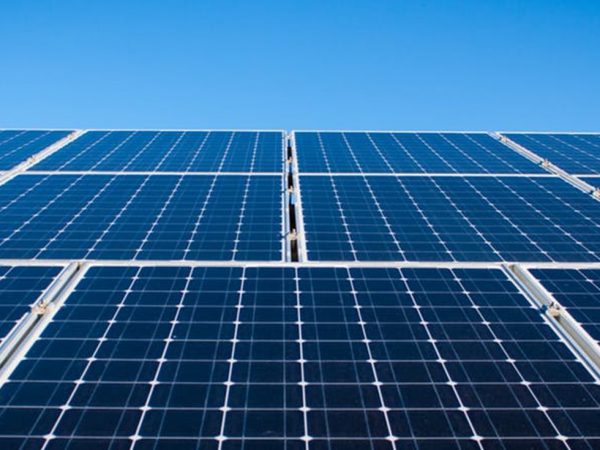Utility Scale Solar and Storage: Getting the Pipeline Flowing
Support from governments across Europe has enabled solar power to grow rapidly and drive down costs. With government subsidy support now being withdrawn, the solar industry faces a challenge to deliver projects without public subsidy.
Regen ran an event recently, bringing together some of the key industry players to discuss what it would take to get the project pipeline for solar farms flowing again. Several key issues emerged from the discussions.
Costs
A critical element in the success of solar has been the rapid drop in the cost of projects. Industry sources are now quoting Engineering, Procurement, and Construction (EPC) costs in the region of €550,000 per MW for solar farms – around half that of just a few years ago.
However, most investors view is that in the UK the total costs of solar farms are still around 25% too expensive to produce a rate of return acceptable to infrastructure investors. We may see the occasional project with particularly low costs get developed, but not a steady pipeline. However, countries such as Spain with higher rates of solar insolation are already at the point where projects are becoming viable.
Most industry players expect it to be a matter of time before falling costs make projects viable in the UK. In particular the costs of solar modules is expected to continue to drop. However, more than half of the costs of solar farms is now in the balance of plant (inverters, cables, metres, fencing etc) rather than the solar modules themselves. There is generally expected to be less potential for cost reduction in the balance of plant as these are already produced at scale for a range of different applications. This may limit the speed and scale of costs reductions.
Power price risk and corporate PPAs
A key challenge for investors in post-subsidy solar projects is the risk that the price of power could be lower than expected over the lifetime of the project. Generally long term power purchase agreements are only available at significant discounts, if at all, making it difficult to mitigate this risk for investors.
A possible solution to reducing the power price risk is agreeing a long term power purchase agreement with a large corporate that has committed to purchase renewable power. There are now some examples of these in the market. However, discussion at our event suggested that the value corporate PPAs are being signed at is not sufficient to enable new projects to be built. Most corporate PPAs are purchasing power from projects already built with subsidy support.
As more corporates commit to 100% renewable power we can expect this market to mature. The key question is whether more will take the approach of Google – using their purchasing power to enable new projects. Regen is engaging with the successful RE 100 initiative so see how we could drive this.
Co-location with storage
With more variable weather dependent generation the price of power is becoming more volatile. The ability of generators to provide power or other system services when the grid needs it in order to access higher sources of value is becoming more important. One option is for solar farms to include storage capacity in order to be able to export power at times of maximum value, arbitraging the difference between periods of high and low prices for power.
Regen’s modelling for our paper on Energy Storage: The Next Wave showed that co-location of solar farms and storage based on price arbitrage alone is still a difficult business model and that we will need to see continued falls in the cost of batteries for this model to become viable. However, in the medium term, industry delegates agreed this is likely to become a key model for future projects.
The overall conclusion is that government support of some kind would be need for solar farms to be viable at present, but that with the amount of industry and investor focus on the market, we are not far away from viable subsidy free models.
This blog has been supported by SET-UP.



